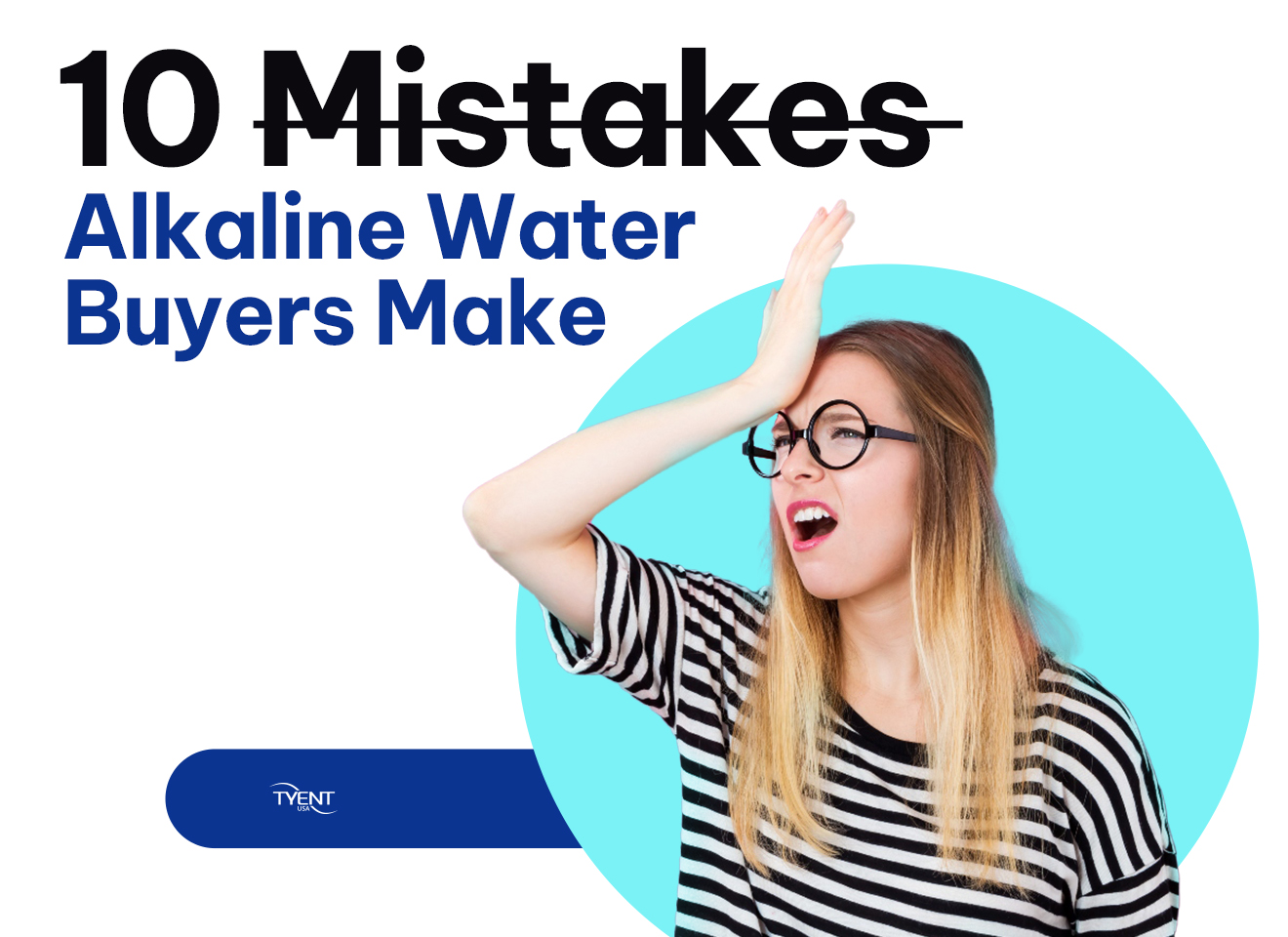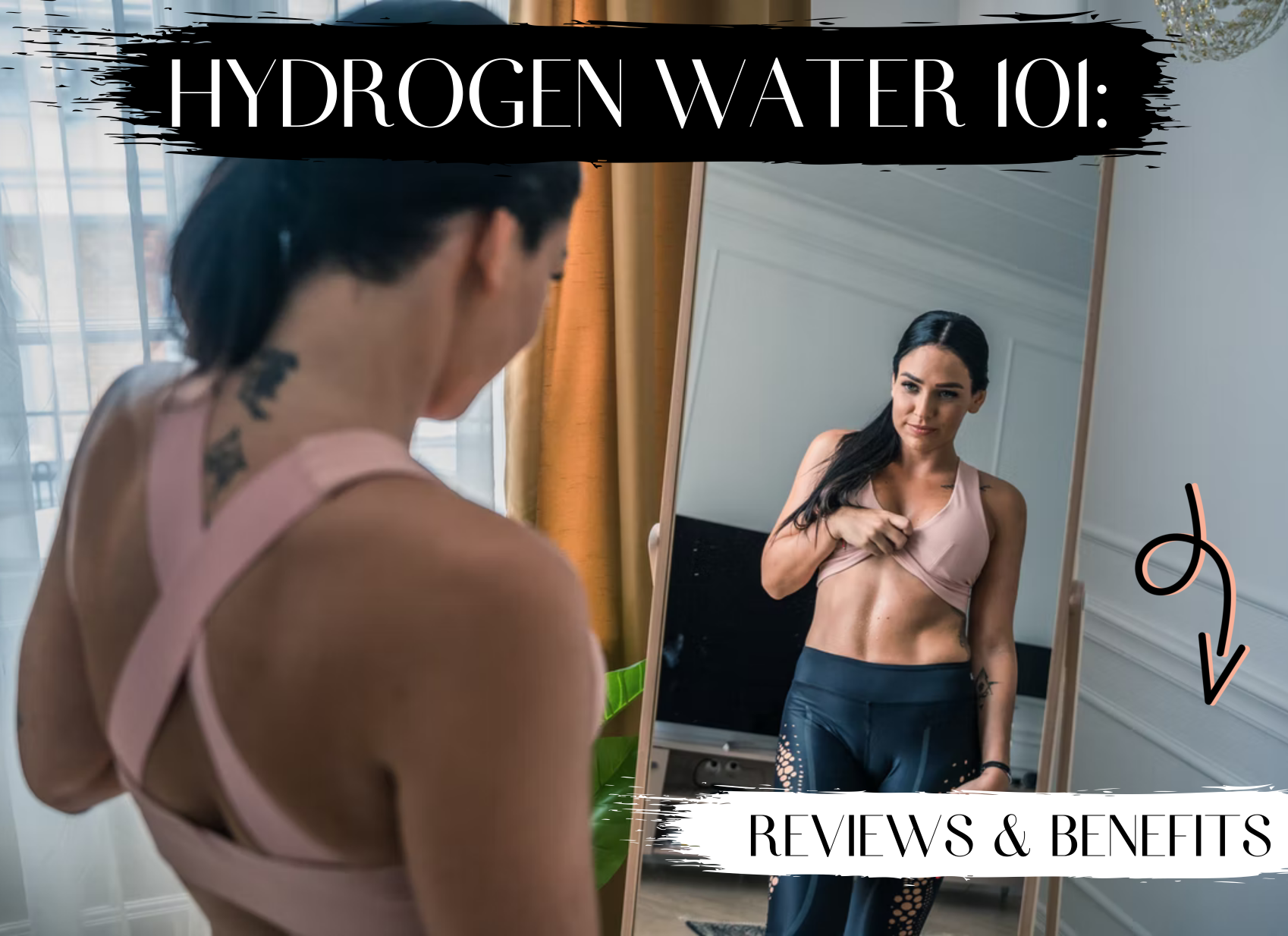Many people who are interested in buying a water ionizer for the first time are impressed by the health benefits of alkaline water, but are hesitant once they learn about the costs of a new unit. We at Tyent know that buying a new water ionizer is a big investment in your—and your family’s—health, but we also know that the size of that investment can be a cost you’re not sure about absorbing.

Here, we take a look at several common concerns about the costs of a new water ionizer, and weigh them with the benefits that a Tyent water ionizer will bring to your home.
Q: Isn’t the cost of a new water ionizer a lot more than a reverse-osmosis system?
A: A Tyent water ionizer can cost more than some (not all) reverse-osmosis systems do, but we also think it’s difficult to put a price on the health benefits of alkaline ionized water relative to the “dead water” that you’ll get from a reverse-osmosis system. When you compare alkaline water to reverse-osmosis water, you’ll discover that Tyent water adds many more beneficial antioxidants and nutrients to your diet than reverse-osmosis, because reverse-osmosis takes all those healthy materials out—leaving you with clean water that’s void of the good things you actually do want your family to drink.
Q: A water ionizer is expensive! A water-filter pitcher is cheap.
A: Comparing a filter pitcher with an ionizer is like comparing a car to a bicycle. A water ionizer attached to your faucet will provide unlimited supplies of clean water immediately, while a pitcher only cleans small amounts and takes a lot of time to filter it. Plus, this type of filtered water won’t have the added benefits of Tyent water, and isn’t electric (so using it will take more time).
Q: Why can’t we just start buying bottled water? It’s clean and inexpensive.
A: Over time, buying bottled water becomes pricier than investing in a water ionizer. Think about it: Every time you buy a new box of bottled water, that’s $10 more that you could’ve invested in a lifetime-lasting, warranty-guaranteed Tyent machine. Plus, water stored in plastic has the potential for plastic chemicals to leech onto your water and creep into your diet. One more important facet to note about bottled water is the waste of all those water bottles. Whereas Tyent water is eco-friendly and creates no waste, all those bottles (even if you do recycle them) are only contributing to the global mass production of plastic—not to mention the transportation and pollution costs associated with water bottles’ travel. On average, Tyent water costs about 6 cents a bottle. It’s a lot more cost-effective when you look at it that way!

We recommend Tyent alkaline ionized water to anyone concerned about his or her wellness—and we believe the investment will be wise in the long-run. Check out Tyent water ionizers like the MMP-7070 Turbo and UCE 9000 for a high-tech, high-health alternative to your family’s current water system.









Thanks for the article. I’ve only been using a filter pitcher lol.
Hi, Evelyn. Has the filter pitcher been serving you well? It’s not as efficient or effective as a water ionizer, though. It filters smaller amounts of water than a water ionizer does at a slower pace and doesn’t fill the filtered water with essential minerals and antioxidants.
If you can, we recommend that you make the switch to a state of the art Tyent water ionizer today! We’ve got a great financing program that’ll let you have your water ionizer for as little as $25 per month. You can also give us a call at 855-893-6887 and our water ionizer experts will happily accommodate you.